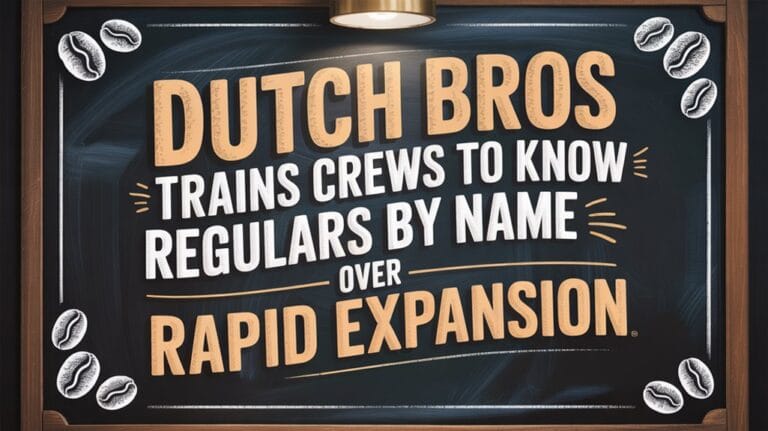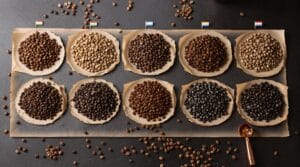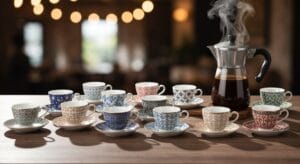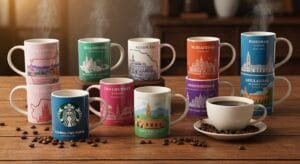Even as competitors prioritize flashy store designs and rapid growth, Dutch Bros CEO Christine Barone says their success hinges on something simpler: high-quality coffee. Founded in 1992 by brothers Travis and Dane Boersma after closing the family dairy business, the company first sold espresso from a pushcart in Grants Pass, Oregon. The company uses only whole bean Arabica coffee, working with trusted importers to source beans from Central and South America. This focus on coffee sourcing guarantees diverse flavors while partnering with nonprofits like Enveritas to check that farms avoid unethical practices. Barone emphasizes the importance of sustainable practices in ensuring both quality coffee and ethical sourcing standards. By integrating community values into their operations, Dutch Bros strengthens its connection with local neighborhoods.
Barone ties this to customer connection, saying quality beans create loyal fans who return for drinks they trust. Dutch Bros’ roasting process highlights each bean’s unique taste. Facilities in Oregon and Texas roast beans to specific profiles, using research to adapt to climate challenges. Meanwhile, Barone skips rapid store growth seen elsewhere, choosing instead to train crews who know regulars by name.
Dutch Bros cultivates loyalty through quality beans and tailored roasting, opting to train crews who know customers by name over rapid expansion.
Weekly team events like “Trav Talk” keep employees motivated, helping them serve drinks fast while chatting with customers. Barone believes friendly service paired with great coffee matters more than fancy interiors.
Sustainability shapes how Dutch Bros operates. Yearly checks by Enveritas confirm farms meet labor and eco-standards, while climate-focused investments help farmers grow stronger crops. The Coffee Origins Impact Program pushes for better pay, water access, and soil health in farming communities. This ties back to quality—happy farmers grow better beans, Barone explains.
Growth happens carefully, too. The shift to company-owned stores in 2008 prioritized quality control over franchising, enabling Dutch Bros to scale annual site development from 9 to 26 locations within a year. New stores open only when teams can keep service quick and personal. Most managers start as entry-level workers, learning company values early. Dutch Bros’ strategy counts on these experienced leaders to maintain consistency as it expands.
Rivals might add locations faster, but Barone argues that shortcuts risk losing the warmth regulars expect. While big chains chase global reach, Dutch Bros stays rooted in its Pacific Northwest beginnings. Barone calls the brand a “unicorn” built on partnerships—with farmers, employees, and customers—not market domination.
For now, keeping coffee excellent and communities tight-knit beats rushing to blanket every street corner.





